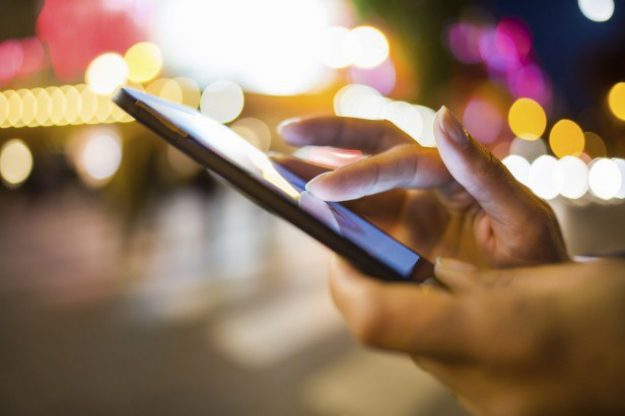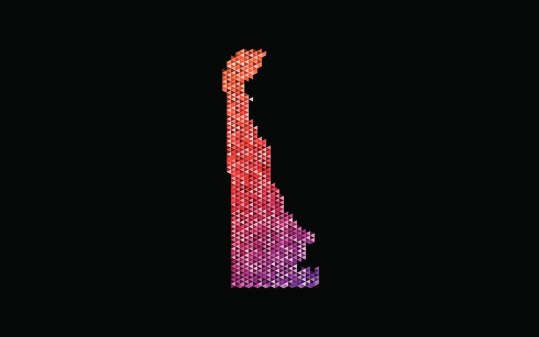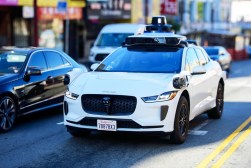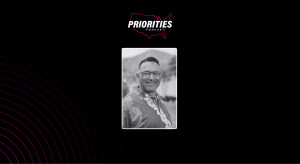Iowa, Delaware testing mobile driver’s license technology

As people increasingly ditch credit cards in favor of smartphone payment apps, a pair of states are now weighing a move to make driver’s licenses the latest piece of plastic to go digital.
Iowa is now two months into a pilot program to let Department of Transportation employees use a mobile driver’s license app alongside their physical licenses, while Delaware’s Division of Motor Vehicles has spent the last six months studying the technology following a directive from the state Legislature in January.
Now both states are working to understand the various benefits and challenges the new technology presents.
“Once states like Delaware, Iowa and many others start proving that this mobile driver’s license is a very usable, interoperable tool for somebody to have, then development I think is going to take off from there,” said Scott Vien, director of Delaware’s DMV, at Multicert’s “eID Conference” this week.
Mark Lowe, director of Iowa’s DMV, said the state has learned a good deal about the field since starting the pilot in August.
Hundreds of state employees are currently using the app. After downloading the app, users receive an email with instructions and a PIN. They also have to take a “selfie” with their phone’s camera, which the app uses to match with pictures on file in the state’s DMV databases.
While Lowe said they’ve been able to control access to their systems so far given the relatively small size of the program, he acknowledges that they could have trouble limiting who can download the app once they make it publicly available.
But Lowe noted that the pilot has also opened up some unexpected avenues as well. The state is also testing letting users update DMV records like addresses through the app, which he feels has a range of applications going forward.
“It becomes a pathway for other state services information exchange, whether it’s information about driving records or vehicle registration or other state services,” Lowe said.
The app also could eventually allow the state to make updates to licenses remotely. The DMV could change the format of a license when a driver turns 21 or suspend a license altogether. Yet Lowe said his staff are still wrestling with a good way to streamline that process.
“What’s interesting to me is your identity doesn’t end just because you lose driving privileges, so you can take away that driver’s license, but they need to come back to us and get a new credential,” Lowe said. “It becomes a transaction with cost to customers, cost to us. We need a shift so that it’s going to say something else, communicate something else.”
Lowe’s department is also charged with finding a way to make the app friendly to police officers when they need to conduct car stops. Geoff Slagle, director of the American Association of Motor Vehicle Administrators, said he’s heard from police about the challenges inherent in Iowa’s system.
“A lot of law enforcement say to us, ‘What’s going to happen on the roadside now when I take possession of this?’” Slagle said. “‘If I drop it, am I on the hook for this? What if a text comes in from the person and it’s about a drug buy, now what happens?’ These are all legitimate concerns.”
Lowe said his state is examining ways to use the app to keep officers safer by letting them conduct ID checks remotely.
“If we can transmit from one mobile device to another device without them getting out of the car, it might be possible once they pull over that vehicle to be able to safely identify who’s in that vehicle,” Lowe said. Lowe acknowledged the privacy worries inherent in that application of the technology, but added that his staff would be attentive to ensuring that the app wouldn’t permit any violation of the Supreme Court’s 2014 ruling prohibiting warrantless searches of cell phones.
For all the concerns surrounding the technology, Vien said he thinks states will eventually find a way to placate all parties involved to seize upon the idea’s potential.
“The possibilities are endless and the technology is there,” Vien said.






